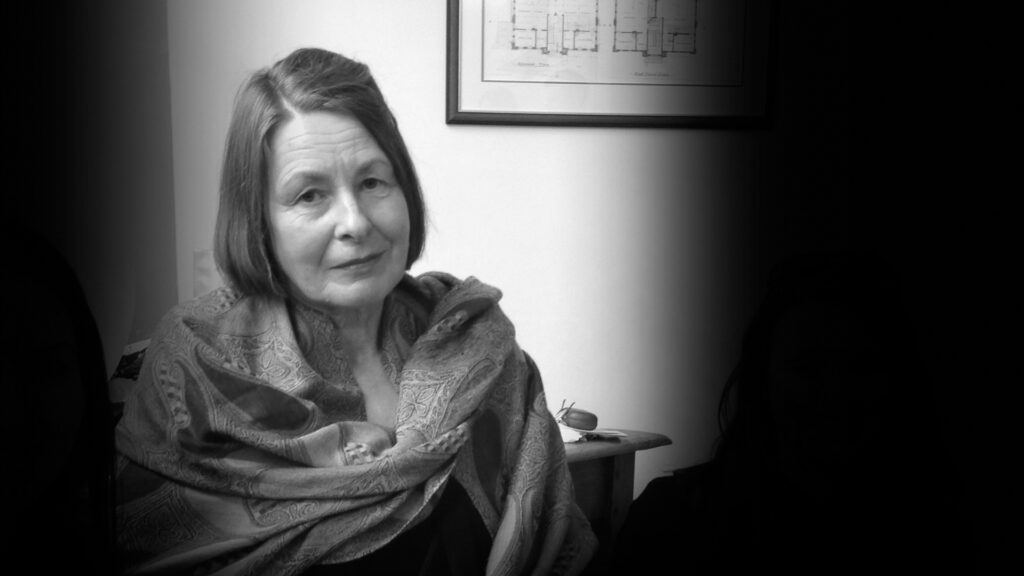NSW Parliament urged to reject unbalanced bill that would allow religious discrimination
The Human Rights Law Centre has urged the New South Wales Parliament reject a bill that would create unbalanced protections against religious discrimination.
Executive Director, Hugh de Kretser said “People of faith should have stronger protections from discrimination in New South Wales, but this proposed law gets the balance wrong and would allow religious beliefs to harm other people.”
The NSW Anti-Discrimination Amendment (Religious Freedoms and Equality) Bill 2020 was introduced by One Nation and is currently being reviewed by a Parliamentary Inquiry.
“Among the many problems in the Bill are the overly broad definition of religious belief and religious organisation and the protection afforded to religious activities that are unlawful.”
“The Bill would make it harder for employers and regulatory bodies to promote diversity and non-discrimination in workplaces, education and professions.”
“The Bill should be rejected by the New South Wales Parliament.”
The Human Rights Law Centre’s brief submission to the Parliamentary Inquiry is here.

Legal challenge filed against Tasmanian Parole Board’s decision to gag free speech
The Human Rights Law Centre has filed legal proceedings on behalf of Tasmanian grandmother, Susan Neill-Fraser, to challenge a restrictive parole condition placed on her by the Tasmanian Parole Board seeking to limit her ability to speak to the media.
Read more
University of Melbourne urged to drop repressive anti-protest and surveillance policies
The University of Melbourne is being urged to abandon policy changes that restrict staff and students’ right to protest and permit the widespread surveillance of people using their wifi network.
Read more
Expanded protections for marginalised groups welcomed in Allan Government’s anti-vilification laws
The Human Rights Law Centre welcomes the additional protections for marginalised groups in anti-vilification laws passed today by the Allan Government. These laws expand protections from vilification to include people from LGBTIQA+ and disability communities, and provide communities with important civil law avenues to address vilification.
Read more


